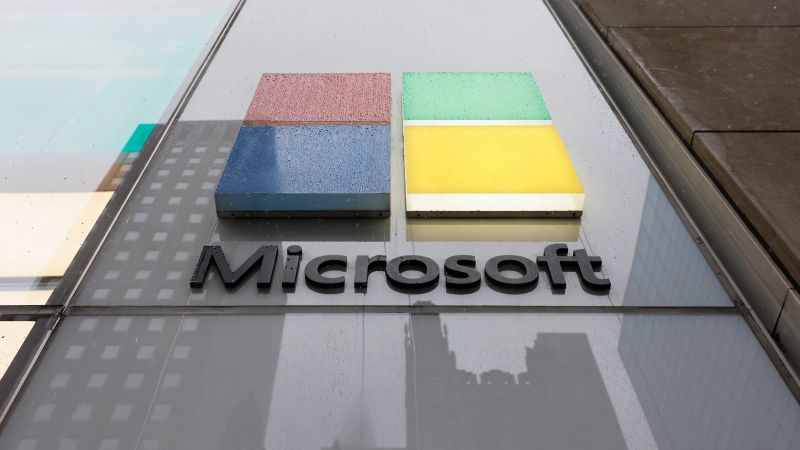Read for 4 minutes LONDON, 1 JULY – On Thursday, Gary Nagle will take over as CEO of Glencore Plc, a change of leadership that shareholders believe will help the mining behemoth to move past a US Department of Justice (DoJ) probe and boost its stock price. Nagle, 46, is a South African accountant, just like his predecessor Ivan Glasenberg, garnering him the moniker “mini-Ivan.” For the past two years, he has led the company’s coal assets section. Nagle takes over at a time when miners are under pressure from investors and authorities to address climate change, giving an opportunity for the Swiss-based company, which mines copper, cobalt, and nickel, as well as having a large commodities trading operation. By 2050, the corporation is committed to achieving net-zero carbon emissions. Unlike Glasenberg, Nagle’s pay will be based on ESG performance. Even as Glencore prepares for the energy transition, the Department of Justice has been investigating the London-listed miner since 2018 over allegations of corruption relating to some of its operations in the Democratic Republic of Congo, Venezuela, and Nigeria, according to sources familiar with the regulator’s thinking. When it comes to penalty discussions with the US government, a company’s ability to pay is usually an issue. Analysts believe that any settlement would remove a significant risk element from Glencore’s stock. The stock price, which has risen 35 percent this year due to strong metal prices, is still roughly 18 percent lower than it was in mid-2018 and 40 percent lower than it was in mid-2017 “w its flotation price,” he says. The DOJ probe could result in a hefty fine, but it should also serve as a de-escalation and a positive catalyst “In a note, Jefferies analysts stated. Glencore declined to comment on the DOJ probe, citing past financial filings that detailed the company’s strategy and performance. If pressure from environmental activists and shareholders grows, the company’s coal assets, which it would want to keep running until depletion in the mid-2040s, may have to be sold or split off. For the time being, the business has expanded its coal portfolio by purchasing its Colombian joint venture partners, but one source close to the company indicated the corporation is open to further discussions with shareholders about the division’s future. The price of thermal coal has reached an all-time high. “There is logic in depleting the assets rather than selling them and making them someone else’s problem,” said one top-20 shareholder, who did not want to be identified. “However, an accelerated and orderly closure would be preferable,” said another top-20 shareholder, who did not want to be identified. “This coal portfolio could still be affecting the share price a couple of years down the road,” the shareholder said. “Investors will tell Glencore that what they’re doing isn’t good enough for the world’s decarbonisation effort.” At the company’s most recent Annual General Meeting in May, the majority of shareholders (about 97 percent) backed the company’s climate change strategy. After a temporary pandemic-related suspension in the first half of last year, the corporation has decreased its net debt by 10% to $15.8 billion in 2020 and restarted dividends. After cutting net debt below $13 billion and if commodities prices remain robust, finance head Steve Kamlin stated during the company’s February results that it may increase the dividend or start a share repurchase. “Buying back shares and reinvesting in the company could be a more effective capital allocation choice than dividends or growth,” according to Liberum analyst Ben Davis. (Editing by David Evans; reporting by Clara Denina; additional reporting by Pratima Desai)/n
Read MoreGlencore enters new era under Gary Nagle’s stewardship
2021-07-01T16:01:58-04:00July 1st, 2021|



